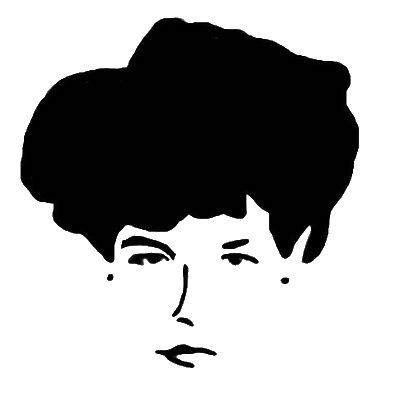“This is a surprise,” Marcel said, as he emerged from his office and looked at his brother standing in the foyer.
“You invited me to see your new office.”
Marcel paused. “Let me show you around.”
He had the largest office, with windows that looked onto Fourth Avenue and stretched up three floors in the ten-story structure.
“This is big compared to that cubby-hole on the trading floor a decade ago.”
“When the computer overtook outcry trading, the industry changed. Come in.” He sat, loosened his tie, and leaned into a leather chair.
“The windows are amazing,” Sam said, standing at one, hesitant.
“The whole place is…marble staircases, detailed facades.” Marcel smiled. “Built in 1902. The light streamed into the trading room. Buyers could examine the grain and assess quality. Barley traders hogged the windows. Now that’s gone.”
Sam moved from window to chair.
“You still like the work?”
“It’s stimulating.” Marcel didn’t want to discuss worry—the companion to commodities. “Still in grain?”
“Yeah, December wheat and November soybeans.”
“You look worried," Sam said.
Marcel tipped his head and raised his brows in query. “With our weak dollar, beans are more affordable to foreign buyers and emerging markets—Brazil, Russia, India, China. It works out if we can produce enough, but with drought across the Midwest, there are crop concerns. If our farmers can’t produce, buyers will have to get beans elsewhere and sell to elevators, raising their costs and endangering my contracts, which are moving toward expiration. European millers aren’t selling as quickly as anticipated. Foreign firms—holding grain in Antwerp and Amsterdam—are paying interest to store what’s unsold. It’s a lot. Global indicators are risky. The usual.”
Sam paused, as if assessing how to start again. “The girls are well?”
“Thriving.” Marcel grinned.
—
“I never dreamed it’d take me so long to die,” Mimi said. She was ninety-five. “So my money will go to my care instead of you three.”
“Maybe, Ma.” Claude spread his hands, palms up.
Marcel admired Claude’s candid talk.
“You’ve both been wonderful.”
Claude’s face relaxed.
To Mimi, Marcel said, “If there’s another urinary tract infection, Mom, you go to assisted living.”
—
Marcel plucked apples and slid them into the well-designed haversack. It crossed his chest, the right side of his neck carried the strap’s weight as the bulk of it leaned against his left hip. A bumper crop of apples had prompted a call from orchard farmers to food shelves, which initiated a retinue of city volunteers. Marcel was a regular and drove to a different orchard on Saturdays to pull fruit. Chloe came often.
The orchards were divided into sections; each produced a different apple. The farmers had harvested for their markets and pumpkin festivals; then the volunteers arrived so the fruit was reaped before it fed the earth. Chloe and Marcel worked a row.
“Say more about that,” she said, standing near him around the curve of a tree. Marcel reached high to grab an apple. His position was awkward. He got it, but his arm hit a branch, his grasp loosened. The apple fell. “Oops.”
Chloe laughed.
“Another lost.” Marcel turned his neck to stretch; the strap’s weight wore.
“Am I making too much of this?”
“No.” Chloe touched a branch and reached to twist off an apple. Snow fell on her shoulder. She looked smart surrounded by snow.
“Have you and Mimi talked about her dying?”
“Sure.”
“That’d be hard.”
"I want to do less.”
Chloe picked one—Chinese red, well-shaped—and rubbed it against her thick jacket. She bit and walked. Marcel followed. The November wind was nippy, and snow lay on the ground and the trees and the apples. The air smelled frosty.
Marcel laughed, “What a day to be alive and here. I’m glad you could come.”
“I enjoy this picking,” she said.
Her curly white-blonde hair jiggled under a red tam that slanted down across her forehead.
—
Sam and Marcel met for dinner in a cozy Italian restaurant that had been around since they were kids. The family had eaten there often. Sam didn’t drink and sipped an ice water with lemon. Marcel ordered a merlot.
“I’ve been thinking,” Sam said. “Let me start again. I’m seeing someone.”
Marcel began his salad, conceding, “A start. You’re like a stranger to me. I’ll be civil to you but, God, you’re just so much work. I don’t care anymore.”
Ten minutes later, they were served. The steam of spaghetti and the aroma of red sauce floated above their plates. Marcel savored a tangy bite on his tongue. He’d enjoy the good food despite the poor company.
“Did the grain elevators in Antwerp get emptied?”
“Not before my contracts expired. But someone’s eating that wheat. It didn’t rot.”
Another twenty minutes passed before they stood.
“What do you feel, Marcel?” asked Sam.
